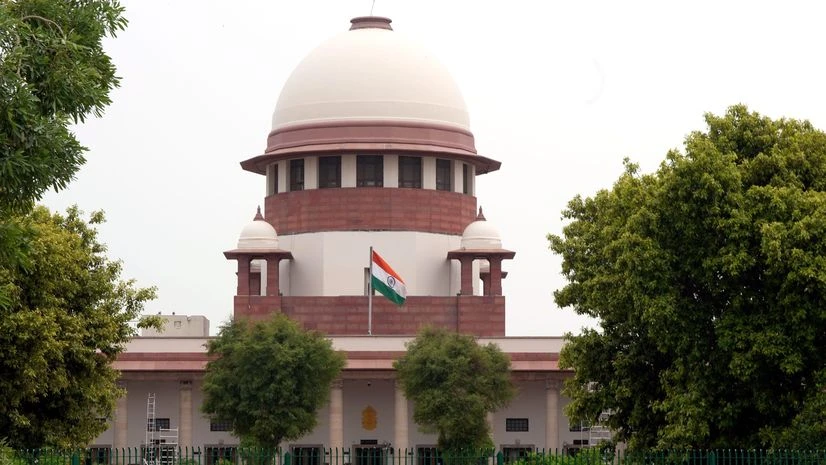)
The top court also issued notices to the private litigants who had moved Calcutta High Court against the inclusion of 77 castes, mostly Muslims, in the Other Backward Classes (OBC) list | (Photo: PTI)
The Supreme Court on Monday asked the West Bengal government to provide quantifiable data on social and economic backwardness and the inadequate representation in public sector jobs of the castes that were included by it in the OBC list for granting quota benefits.
The top court also issued notices to the private litigants who had moved Calcutta High Court against the inclusion of 77 castes, mostly Muslims, in the Other Backward Classes (OBC) list.
The high court on May 22 struck down the OBC status of several classes in West Bengal granted since 2010, finding such reservations to vacancies in services and posts in the state illegal.
“Issue notice, including on the application of stay (of the judement filed by the state government). The state of West Bengal shall file an affidavit before this court explaining the process followed for classification of 77 communities as OBCs : (1) the nature of survey; (2) whether there was a lack of consultation with the Commission (state backward panel) in respect of any communities in the list of 77 communities designated as OBCs,” said a bench of Chief Justice DY Chandrachud, Justice JB Pardiwala and Justice Manoj Misra.
The bench also asked whether any consultation was done by the state for the sub-classification of the OBCs.
The state government filed the appeal against the high court verdict.
“Religion indeed appears to have been the sole criterion” for declaring these communities as OBCs, the high court had said and added that it “is of the view that the selection of 77 classes of Muslims as backwards is an affront to the Muslim community as a whole”.
In all, the high court had struck down 77 classes of reservation given between April and September 2010, and 37 classes created on the basis of a 2012 law.
(Only the headline and picture of this report may have been reworked by the Business Standard staff; the rest of the content is auto-generated from a syndicated feed.)
First Published: Aug 05 2024 | 2:35 PM IST


































